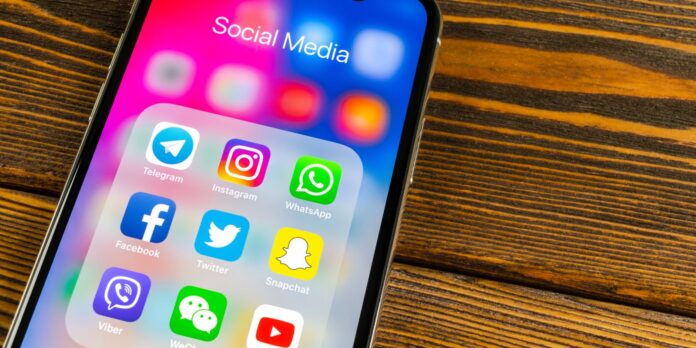All across the world billions of people use social media daily to interact with friends, family, and co-workers, it has become a vital part of our lives. But, as social media usage has increased, so have the cybersecurity concerns connected to these platforms. In this article, we’ll look at the cybersecurity dangers social media poses and offer advice on using it securely.
Identity theft is one of the biggest cybersecurity dangers linked to social media. Personal data from social media sites, such as names, addresses, and birthdates, can be easily stolen by cybercriminals and used to create false identities. These false identities can be used for various fraudulent actions, including gaining access to credit cards and bank accounts. It’s crucial to keep the amount of personal information you post online to a minimum to prevent identity theft on social media. Avoid disclosing sensitive information like your Social Security number and only disclose essential information like your name and email address.
Phishing schemes are another typical cybersecurity concern connected to social media. Cybercriminals send phishing emails through social media that come from trustworthy sources like banks or social media sites. These emails frequently include links that take users to fictitious login pages where they are asked to submit their login information. Once they possess these credentials, fraudsters can exploit them to access private data. Never enter your login information on suspicious-looking pages or click on dubious links to prevent phishing scams. Before clicking on a link or email, be sure it is legitimate.
A big cybersecurity issue linked to social media is privacy concerns. Massive volumes of user-provided personal data are gathered by social media platforms, which may then be sold to external advertisers or utilized for targeted advertising. Continually evaluate the privacy settings on social media sites and modify them according to your preferences to preserve your privacy. Sharing critical information, such as your whereabouts or travel schedule, should only be done with those you trust.
Another cybersecurity issue related to social media is malware attacks. Social media platforms can be used by cybercriminals to spread malware via links or attachments in messages or posts. These malware attacks have the potential to seriously harm your device by infecting it with viruses or ransomware. Avoid clicking on dubious links or downloading unknown files from social networking sites to protect yourself from malware attacks. Any downloaded files or URLs should always be scanned with antivirus software.
Last but not least, social engineering attacks are a severe cybersecurity issue related to social media. Cybercriminals can use social media to collect personal information about their targets and to deceive them into giving over sensitive information, including login passwords or financial
information. Ensure the information you post on your profile is appropriate, and exercise caution when accepting requests from people you don’t know.
In conclusion, social media has become an essential part of our lives but poses significant cybersecurity risks. You can use social media safely and securely by being aware of these risks and taking the necessary precautions. Remember to limit the personal information you share online, avoid clicking on suspicious links, review your privacy settings regularly, use antivirus software, and be cautious of social engineering attacks. Stay safe online!
By: Pkay









![[Out Now]-Hallow the King by Israel Louis](https://gospelgh.com/wp-content/uploads/2024/01/IMG_20231125_154924_958-218x150.jpg)










![[Video]- Israel Ofori releases “Ene Wo”](https://gospelgh.com/wp-content/uploads/2023/08/F2rDi2rXUAA2XDL-218x150.jpg)


![[New Music Video]: Feed’Em – Gospel Grind (Prod by Vonte Grace)](https://gospelgh.com/wp-content/uploads/2022/10/FeedEm-218x150.jpg)


























![[Out Now]-Hallow the King by Israel Louis](https://gospelgh.com/wp-content/uploads/2024/01/IMG_20231125_154924_958-100x70.jpg)



